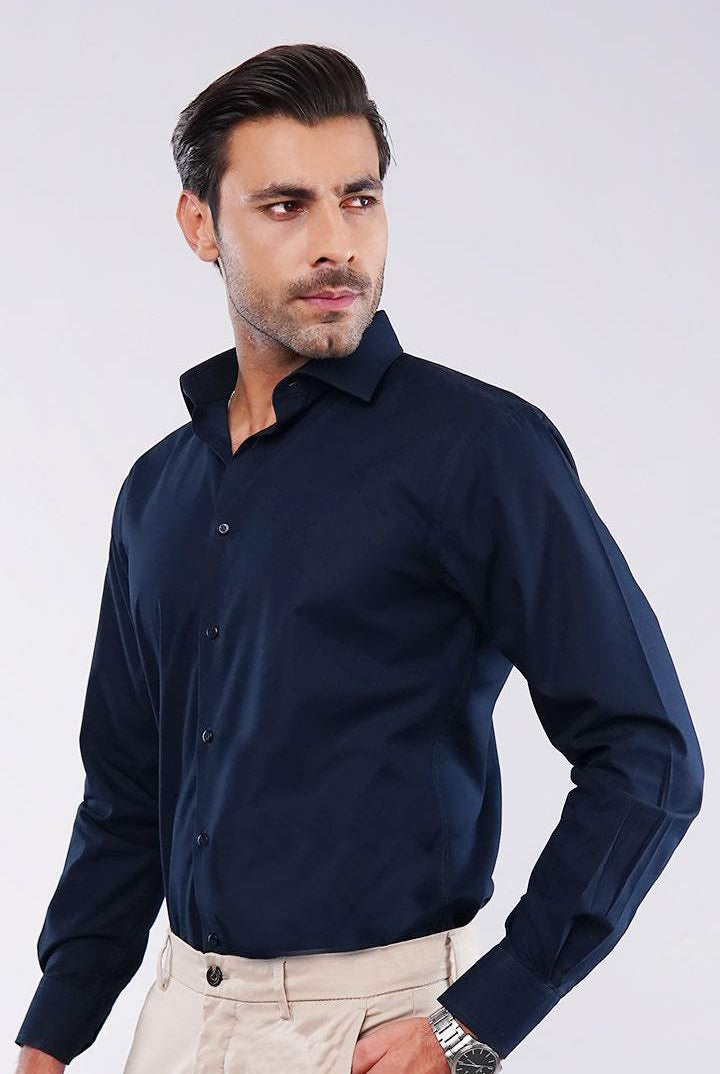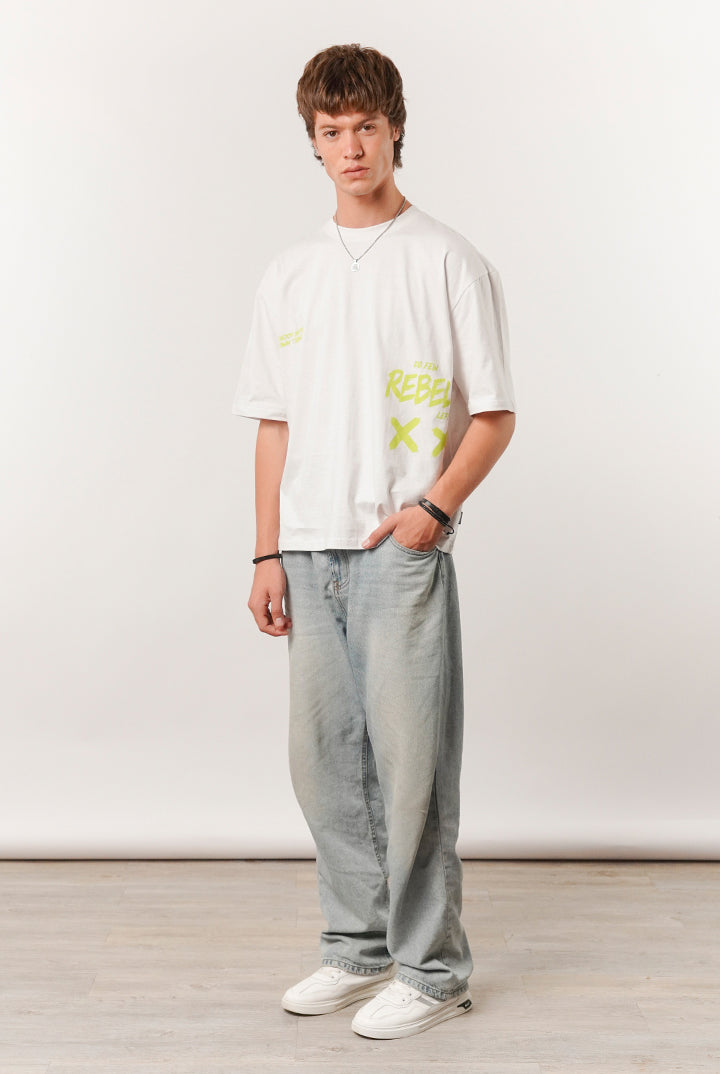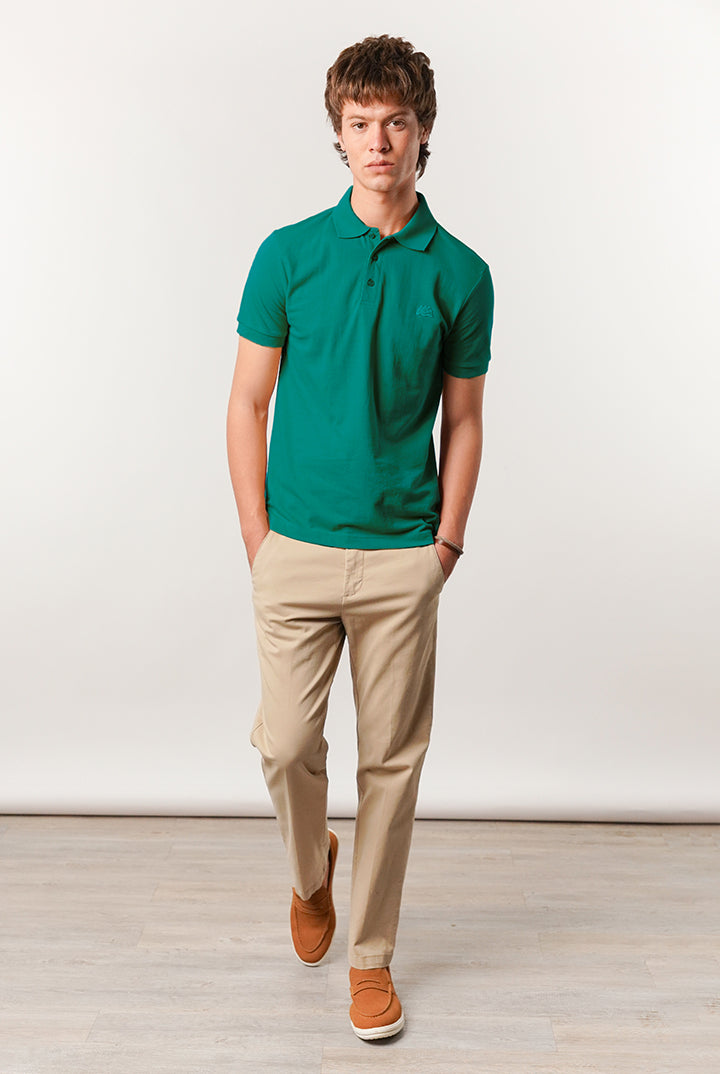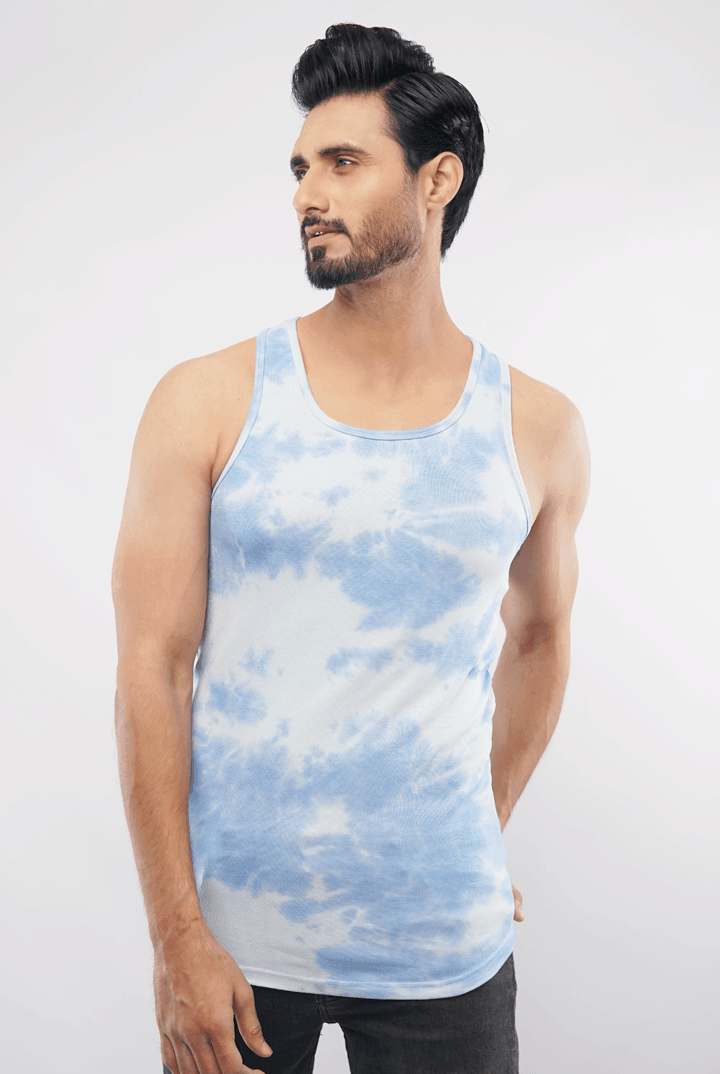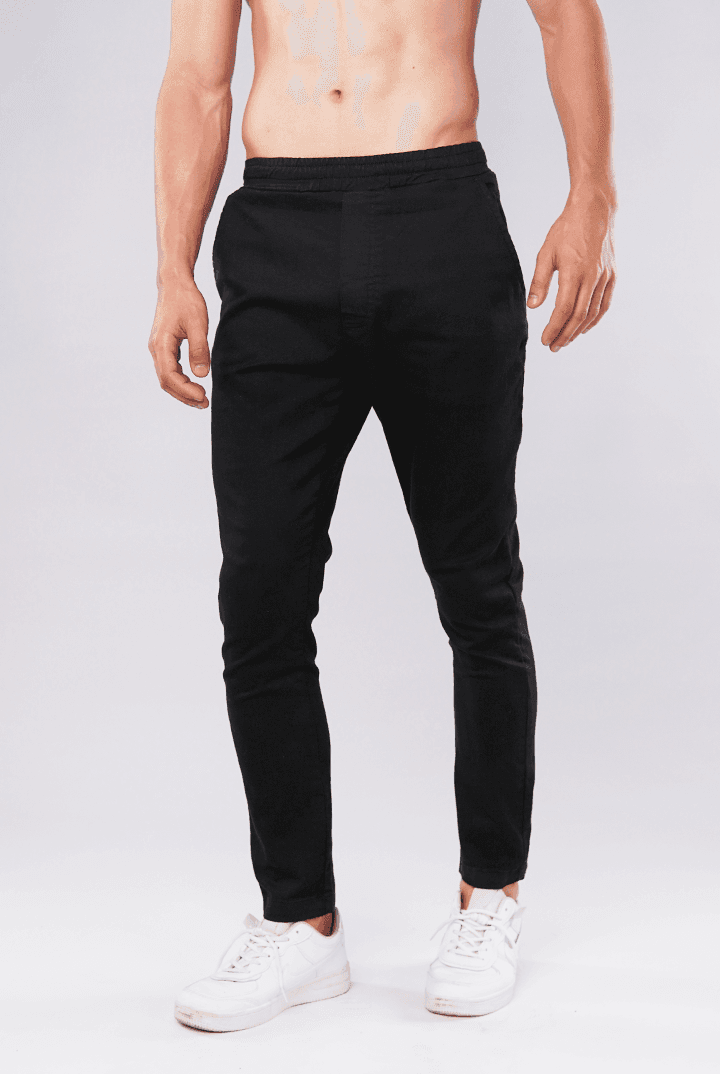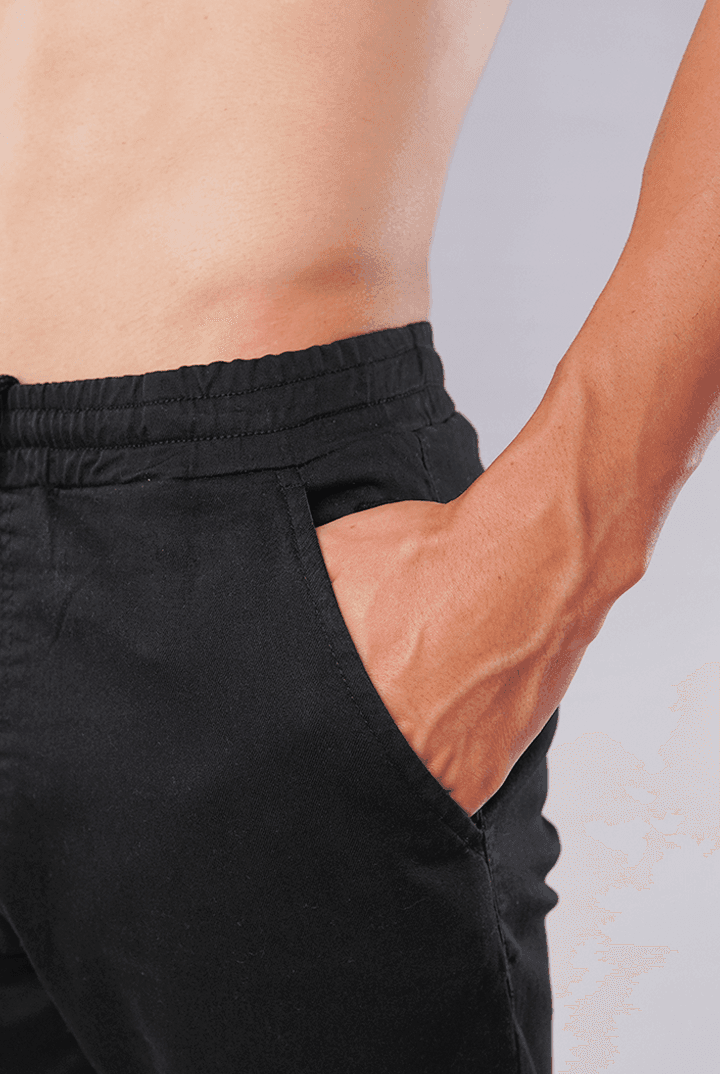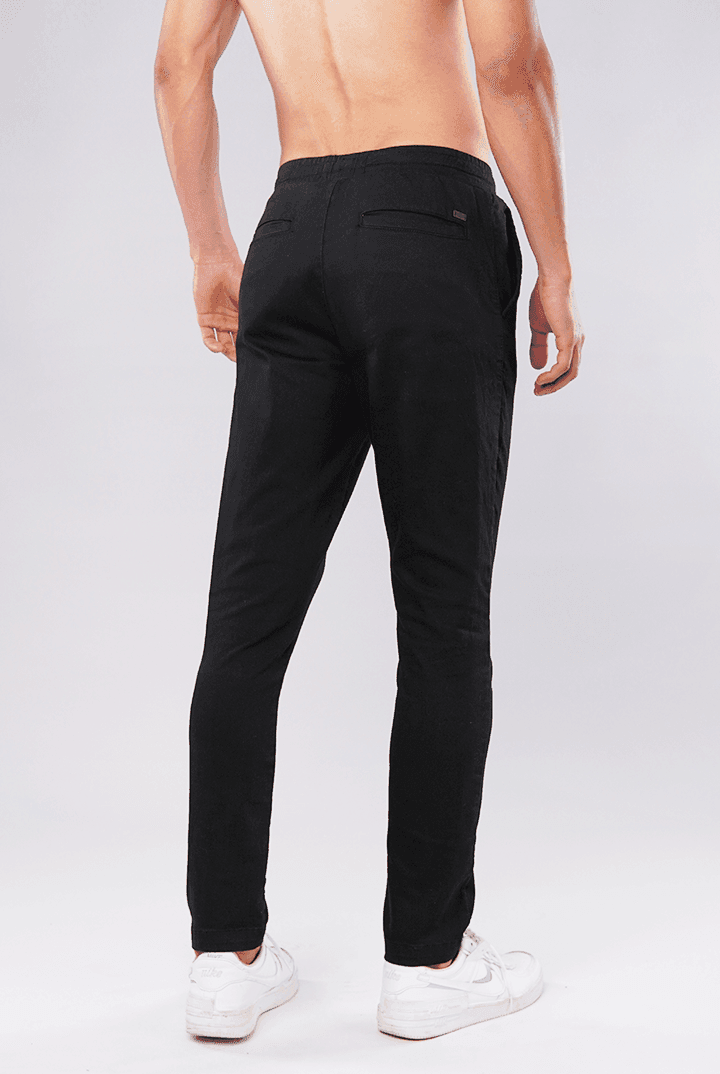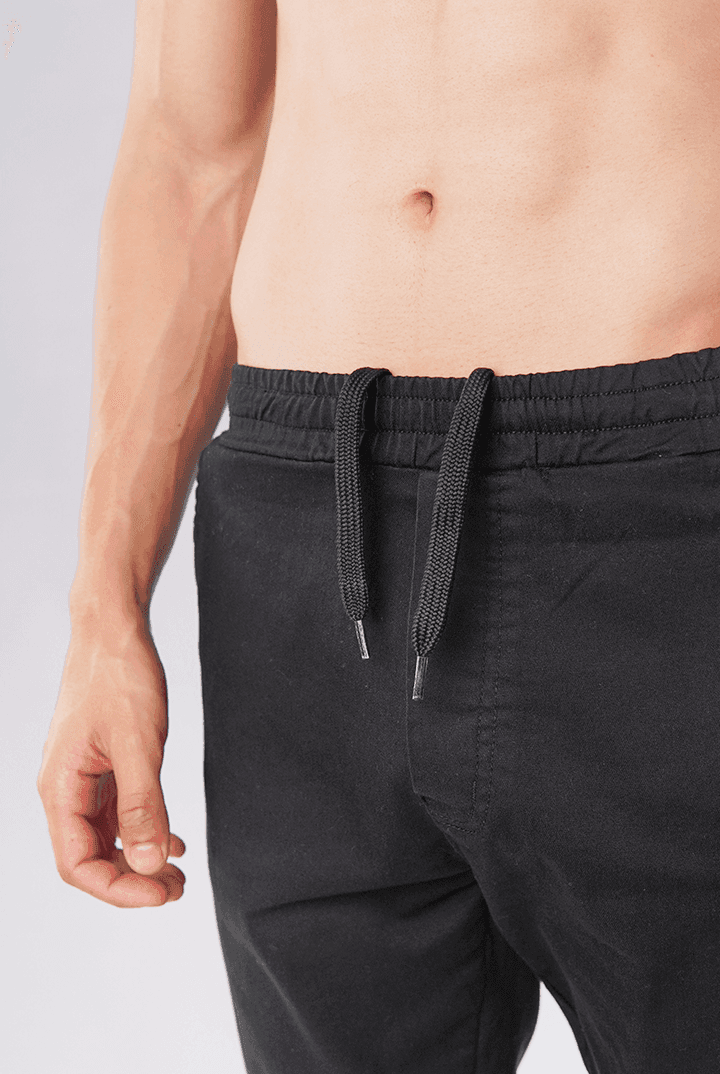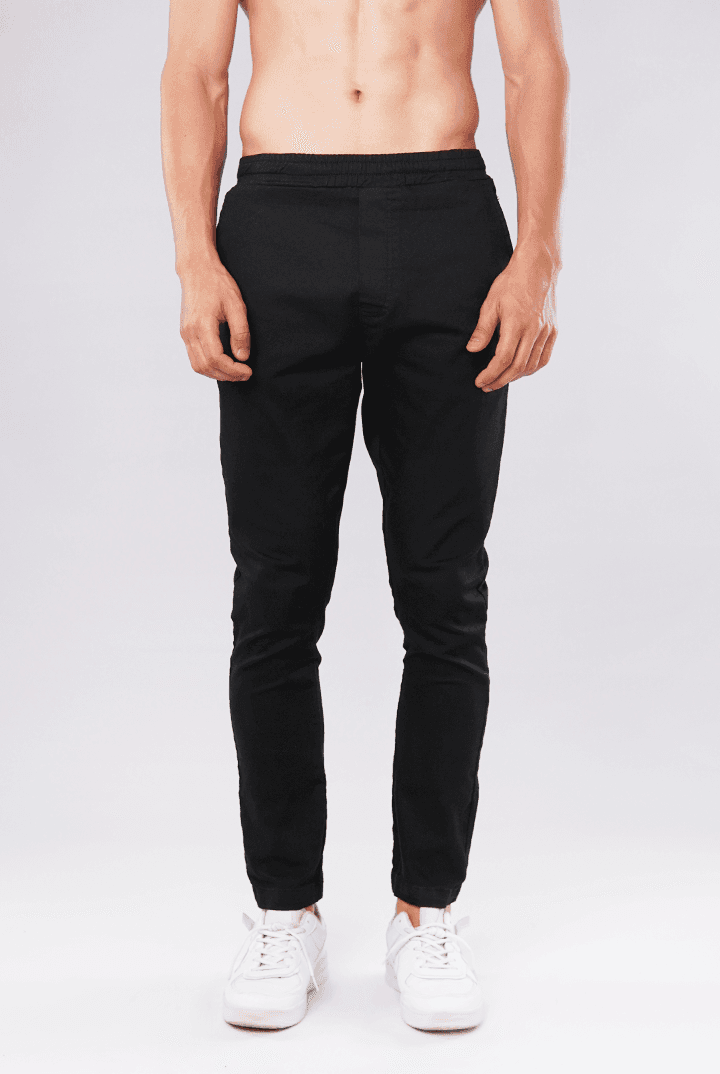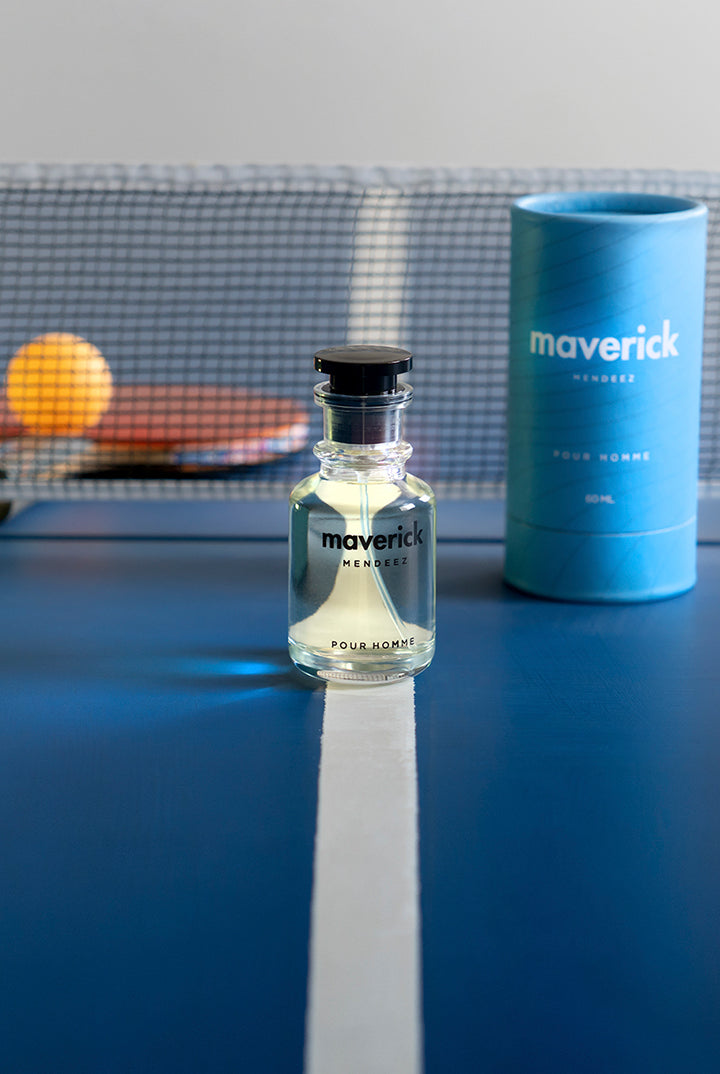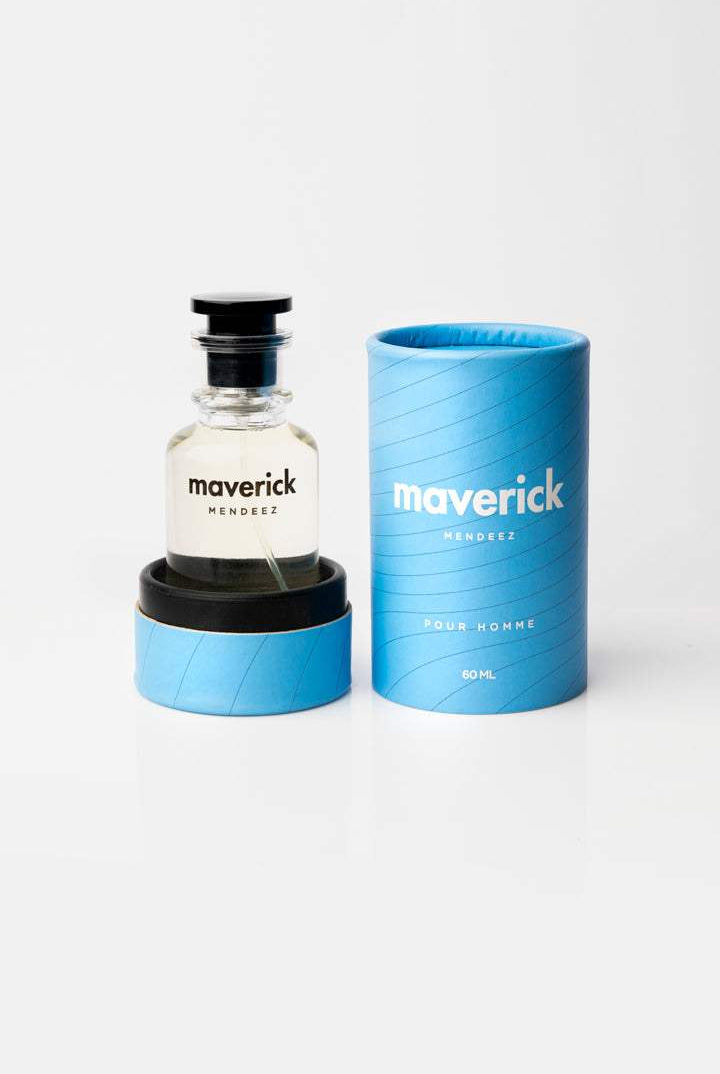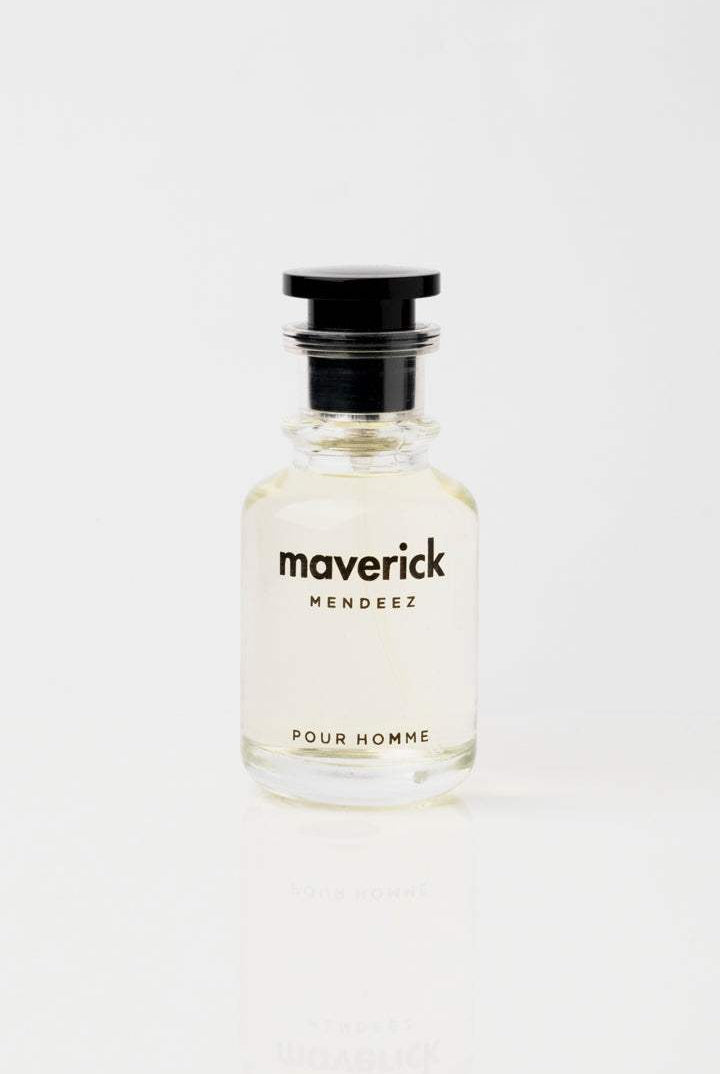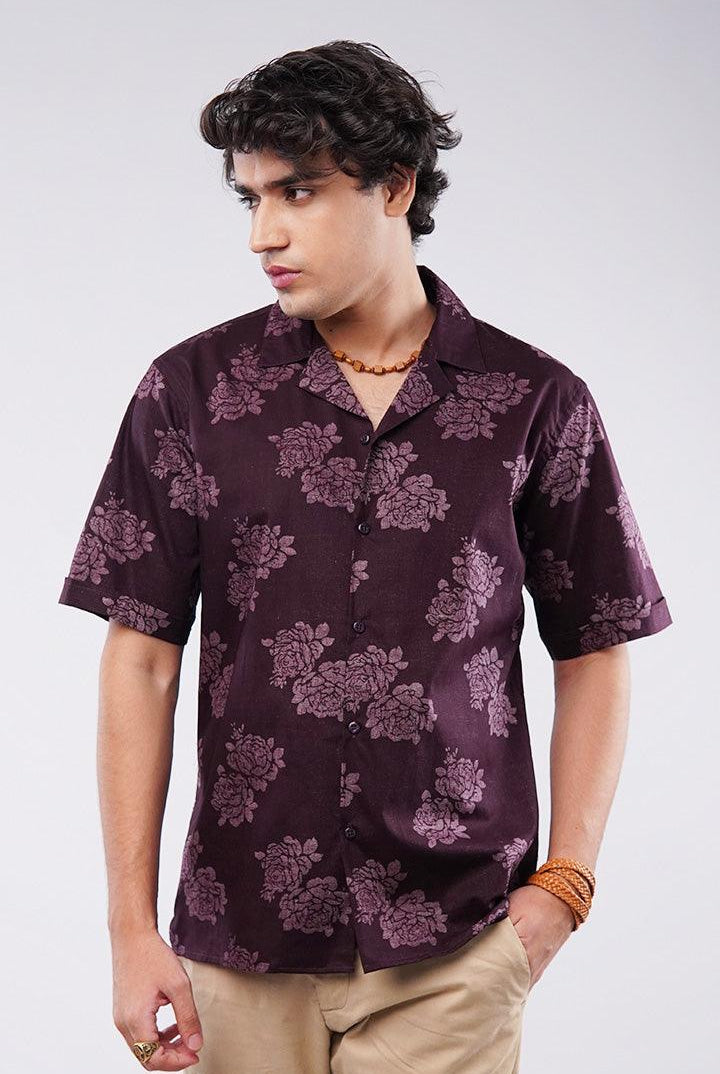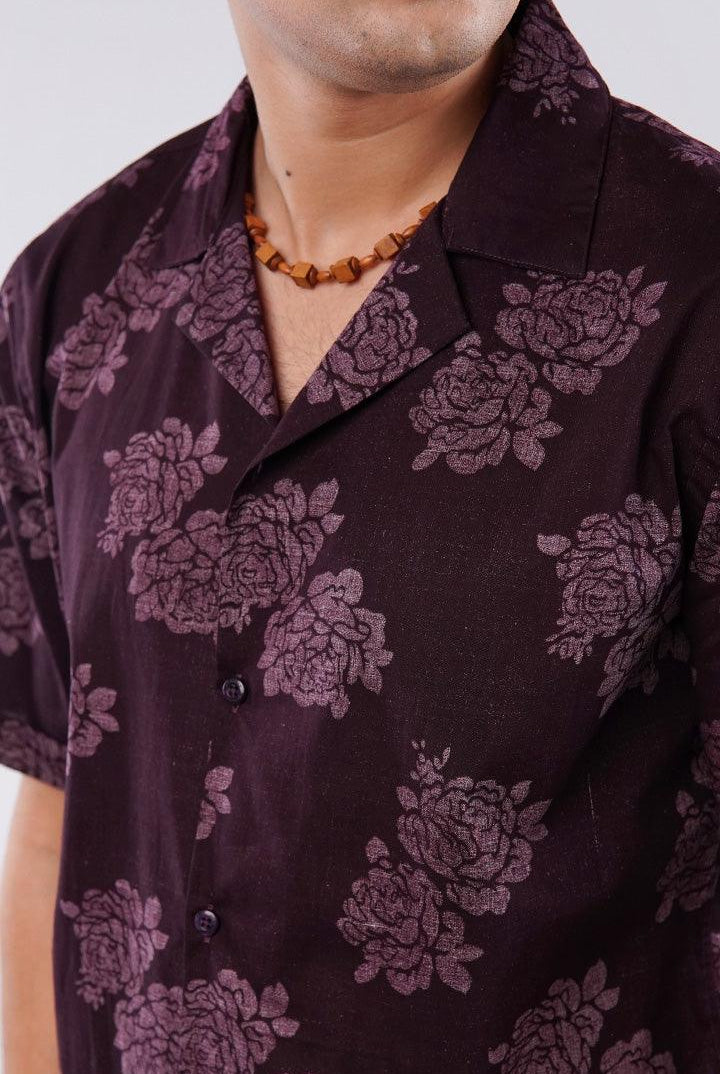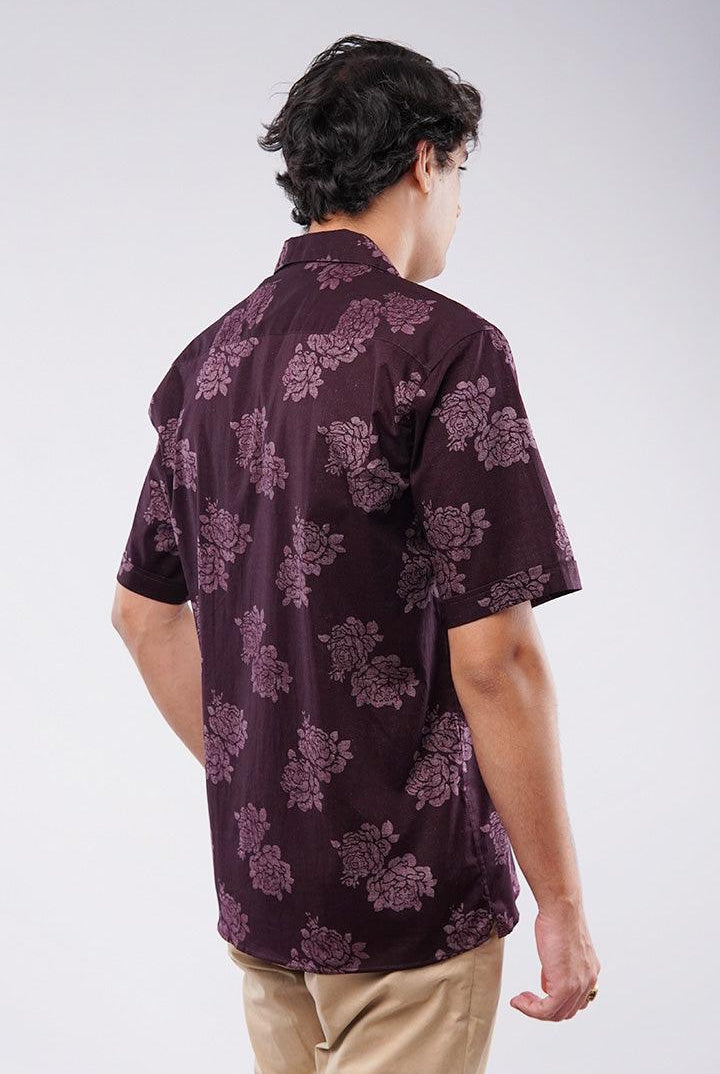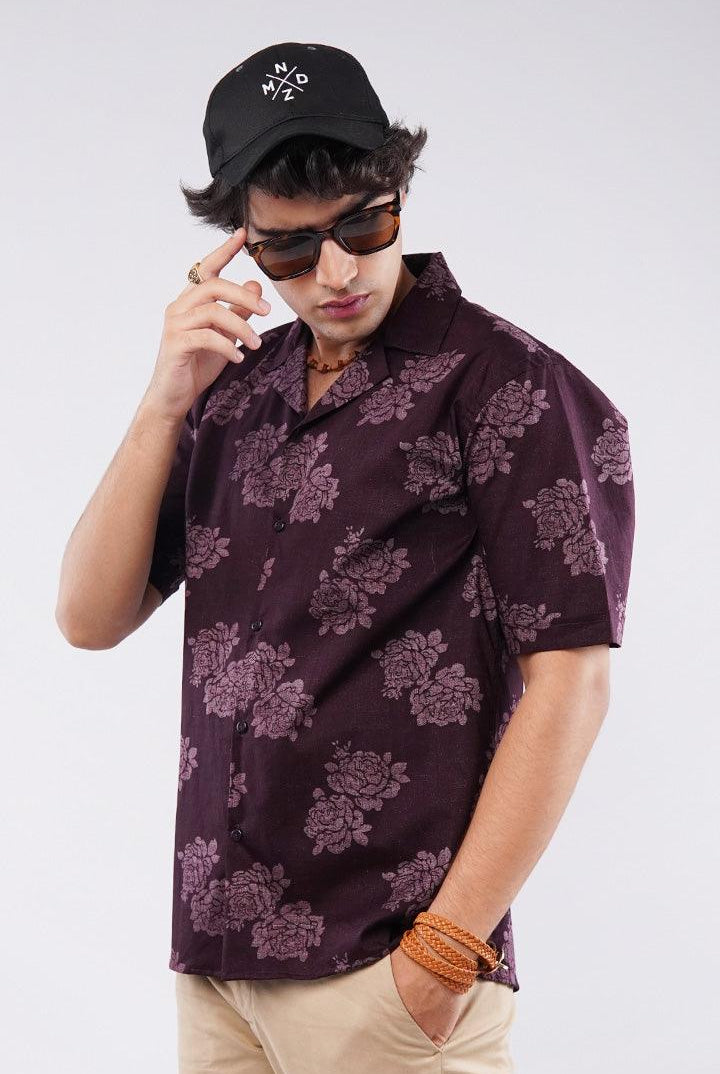The age-old question of whether or not to wear socks to bed has perplexed many a sleeper. While there's no definitive scientific consensus declaring it hazardous, there are a few factors to consider before you slip your feet into those cozy knits.
The Case for Socks
- Temperature Regulation: One of the most common reasons people opt for socks at bedtime is to regulate body temperature. Our feet are particularly susceptible to heat loss, and keeping them warm can help induce sleep.
- Improved Sleep Quality: Some studies suggest that warm feet can signal to the body that it's time to wind down, leading to better sleep quality.
- Dry Feet: Socks can help absorb moisture, preventing sweaty feet and reducing the risk of fungal infections.
Potential Drawbacks
- Overheating: If you tend to sleep hot, wearing best socks for men could lead to overheating and disrupted sleep.
- Discomfort: Some people find socks irritating or uncomfortable while sleeping.
- Hygiene Concerns: Wearing the same pair of men socks Pakistan night after night can contribute to bacterial growth, especially if you have sweaty feet.
Choosing the Right Socks
If you decide to give socks a try, consider the following:
- Material: Opt for breathable fabrics like cotton or wool blend. Avoid synthetic materials that trap moisture.
- Fit: Ensure the socks are not too tight, as this can restrict circulation.
- Hygiene: Change your cotton socks regularly to prevent bacterial buildup.
When to Avoid Socks
There are certain circumstances where wearing socks to bed might not be advisable:
- Circulatory Issues: If you have problems with circulation, tight socks can exacerbate the issue. Consult with your doctor if you have concerns.
- Excessive Sweating: If you tend to sweat excessively, short socks for men might not be the best choice as they can trap moisture.
- Skin Conditions: Certain skin conditions, such as athlete's foot, may benefit from keeping feet exposed to air.
The Temperature Connection
Our bodies undergo a complex process to regulate temperature during sleep. Core body temperature naturally drops as we drift off, signaling the brain it's time to rest. This temperature decline is crucial for initiating and maintaining sleep.
Wearing socks can potentially accelerate this cooling process by warming the feet. This might seem counterintuitive, but it's a physiological phenomenon known as vasodilation. When your feet are warm, blood vessels expand to dissipate heat, which can indirectly cool down your core body temperature. However, it's essential to strike a balance. Overheating can disrupt sleep, so the material and thickness of your socks play a significant role.
A Closer Look
The material of your socks significantly impacts your sleep experience. Natural fibers like cotton and wool are often preferred for their breathability and moisture-wicking properties. Cotton is soft and gentle on the skin, while wool offers excellent insulation and temperature regulation. However, wool can be itchy for some, so consider merino wool, a softer variety. Synthetic materials like polyester and nylon are less breathable but offer durability. For those prone to allergies, consider bamboo socks, known for their hypoallergenic properties.
Socks and Foot Health
While wearing socks can help prevent dry skin and protect your feet from bed sheets, it's essential to prioritize foot hygiene. Regularly wash your socks to prevent bacterial buildup and fungal infections. If you have specific foot health concerns, such as athlete's foot or diabetes, consult with a healthcare professional for tailored advice on sock selection and foot care practices.
Other Factors
While temperature regulation is a primary reason people choose to wear socks to bed, other factors influence this decision:
- Circulation: Warmth can improve circulation, especially in the extremities. For individuals with conditions like Raynaud's disease, characterized by cold hands and feet, socks might offer relief.
- Moisture-Wicking: Certain sock materials excel at drawing moisture away from the skin, preventing sweaty feet and creating a more comfortable sleep environment.
- Psychological Comfort: Some people simply find socks comforting and associate them with relaxation. This psychological aspect can contribute to better sleep.
Sock Selection and Care
If you're considering the sock-wearing route, choose wisely:
- Material: Opt for breathable fabrics like cotton or merino wool. These materials effectively wick away moisture and help regulate temperature.
- Fit: Ensure the socks are not too tight, as this can hinder circulation. A loose, comfortable fit is ideal.
- Hygiene: Regularly wash your socks to prevent bacterial buildup and maintain foot health.
When to Drain the Socks
While Socks Pakistan can be beneficial for many, they're not a one-size-fits-all solution. Consider these scenarios:
- Excessive Sweating: If you tend to sweat profusely, socks might trap moisture, leading to discomfort and potential skin irritation.
- Skin Conditions: Certain skin conditions, such as athlete's foot, thrive in warm, moist environments. Keeping your feet exposed to air might help prevent these issues.
- Overheating: If you're a hot sleeper, socks could contribute to overheating and disrupted sleep. Experiment with different sock materials and thicknesses to find the right balance.
The decision to wear socks to bed is ultimately a personal one. Experimentation is key to determining what works best for you. Pay attention to how you feel when you wake up. If you're rested and comfortable, you've likely found your ideal sleep setup. Remember, a good night's sleep is about creating an environment that promotes relaxation and rejuvenation.

